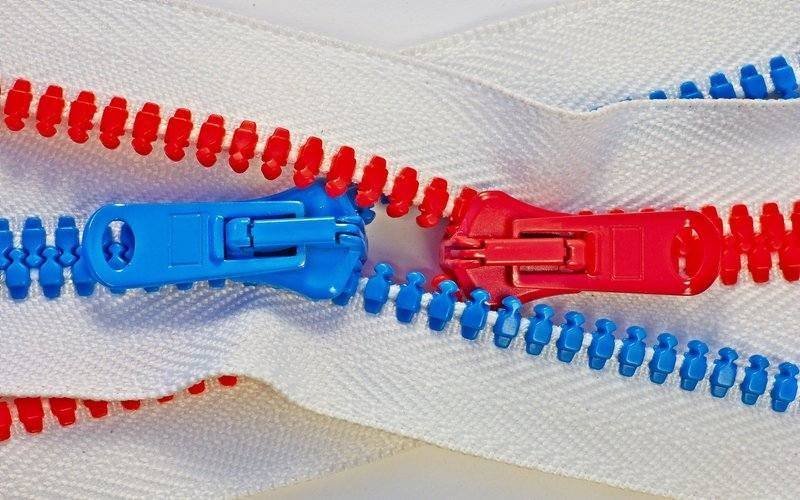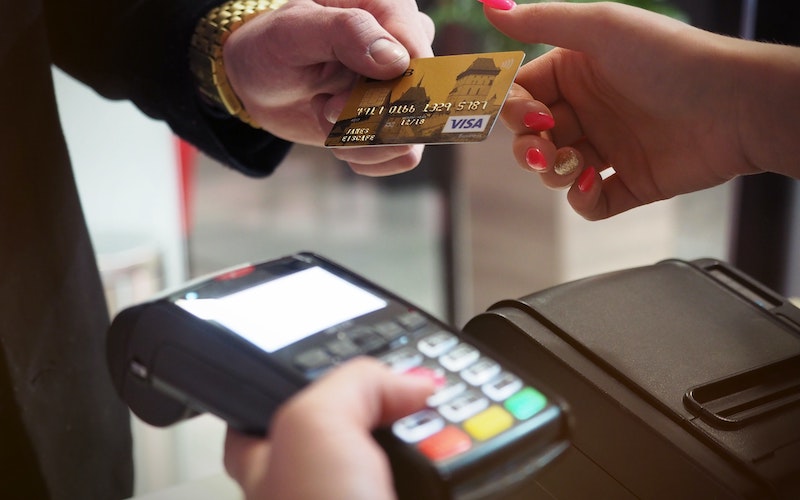The RBA says it will mandate its scheme designed to reduce card charges if banks and payment processors are too slow to get it in place.
Under Australian regulations, retailers are allowed to pass on processing costs if consumers pay by card instead of cash, but they are not allowed to profit from it.
Card surcharges in Australia have been steadily increasing since the pandemic when many businesses switched to accepting electronic payments only, or preferring them to cash.
While many larger businesses absorb card surcharges, many smaller merchants choose to pass the fees on to customers.
In other countries, including the UK and the European Union, card surcharges are not permitted be directly passed on to the consumer.
Card surcharge fees vary
What fee is charged depends on how the card transactions are processed via banks or other payment providers, such as Square or Tyro.
Currently, most debit cards in Australia, the most commonly used payment method, generally carry either a Visa or Mastercard logo as well as an eftpos logo.
Eftpos transactions are the cheapest to process, usually around 0.3-0.5% of the sale price, the RBA estimates.
Visa and Mastercard debit surcharges are between 0.5-1% while Visa and Mastercard credit charges are around 1%-1.5%, tending to be higher for cards with rewards schemes.
Cards such as American Express and Diners Club cards are the most expensive to process and their processing costs are not covered under Australian regulations.
One way for consumers to save on surcharges is by selecting the cheaper eftpos network if they insert or swipe their cards.
However, many tap-and-go transactions are currently being automatically directed through the more expensive Visa and Mastercard networks even though eftpos is available.
RBA demands rollout of lower fee default
The Reserve Bank’s least-cost routing (LCR) scheme is designed to automatically default charges through the lowest-cost processing path at the point of sale.
It’s urging banks to make the scheme available to all its retail customers.
The RBA’s latest analysis of “card-present” debit card transactions, as at December 2023, shows LCR is now widely available to merchants but uptake has been slow, particularly among bank customers.
Least-cost routing of card-present Debit Card transactions (December 2023) (a)
| Available to merchants (%) | Enabled for merchants (%) (b) | |
| Square | 100 | 100 |
| Stripe | 98 | 98 |
| Suncorp Bank | 100 | 67 |
| Tyro | 100 | 65 |
| Fiserv | 100 | 47 |
| Commonwealth Bank | 97 | 47 |
| National Australia Bank | 100 | 47 |
| Westpac | 100 | 40 |
| ANZ Worldwide | 98 | 31 |
| Ayden | 100 | 23 |
| Total | 99 |
65 |
(a) Figures have been rounded to whole percentage points. Consequently, a value of 100 may still mean LCR is not available/enabled for every merchant of that institution. A value of 0 may mean LCR is available/enabled for some, but only a very small proportion, of merchants of that institution. Figures exclude very large (strategic) merchants and data relating to merchants where the listed institution only provides gateway services.
(b) For the avoidance of doubt, those institutions with the highest rates of LCR enablement do not necessarily provide merchants with the lowest overall payment costs.
Source: RBA
The Reserve Bank board says it expects faster progress and has threatened if there is not 80% take-up of the scheme by June 2024, it will look at making it a formal regulatory requirement.
Reserve Bank governor Michele Bullock has called on banks and payment providers to promote the scheme and make it “as easy as possible” for merchants to opt in.
Some payment analysts say banks have slowed wider take-up of the scheme because they will simply make less money out of least-cost routing.
Another issue affecting consumer charges is that banks and payment processors currently charge a flat fee for processing transactions, well above the cheapest eftpos processing fee.
At present, transaction fees charged by the big banks range between 1.1-1.4%, while Australian payment provider Tyro charges 1.4% and global payments company Square charges 1.6%.
The least-cost scheme would see both businesses and consumers saving money, the RBA said.
Banks put the onus on businesses
Australian Bankers Association CEO Anna Bligh argued some businesses prefer a flat rate for certainty and it’s up to businesses to choose least-cost routing.
“Businesses choose a package for a range of reasons and merchant fees is only one part of the package,” she said.
“The rental cost of the terminals comes into the package and a range of other services.”
Ms Bligh said she expected to continue to see growth in least-cost routing but didn’t expect 100% voluntary take-up.
“Some businesses have parts of their package that they value higher than a slight reduction on the fee,” she said.
Online transactions also on watch
Take-up of least-cost routing has been much slower for online debit card transactions, according to Reserve Bank figures.
Some banks have not yet made the scheme available to merchants and of those who have, take-up has been almost negligible.
The RBA said it expects least-cost routing to also be widely available for online transactions and is keeping the sector under watch.
Image by Blake Wisz on Unsplash



 Harrison Astbury
Harrison Astbury
 Denise Raward
Denise Raward

 William Jolly
William Jolly
 Alex Brewster
Alex Brewster

